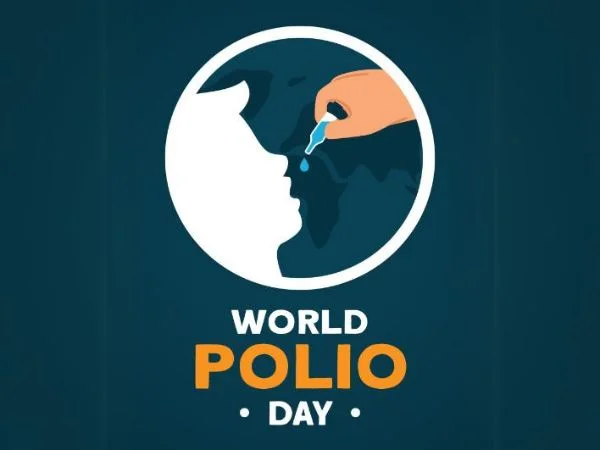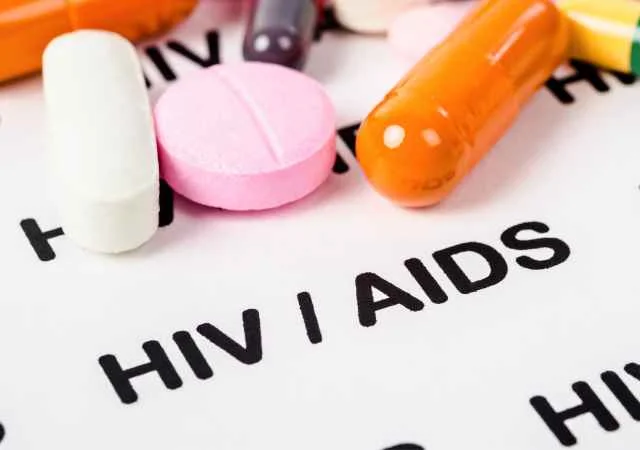Pneumonia may make one believe it is nothing but a routine case of winter sickness, but it is far more deadly than one can even contemplate. It claims over 2.5 million lives annually globally, WHO (2022) estimates—a child’s biggest infectious killer before the age of five. Clearly, then, pneumonia is no “winter flu gone wrong.” They’re all asking, is pneumonia contagious?—and the answer is, it depends on the cause. Pneumonia is bacterial, viral, or fungal, and they’re all contagious to some extent. Bacterial and viral pneumonias are spread person to person through coughing and sneezing or surface contact, and fungal pneumonia’s more easily obtained from exposure in the environment and isn’t normally contagious. Therefore it is important to look for the early stage pneumonia symptoms, in order to take preventions on time.
Learning the source and cause of infection is where learning about transmission—and prevention—of pneumonia starts. We will now proceed to talk about causes and risk factors for pneumonia, answer is pneumonia contagious under certain conditions, and provide you with a simplified pneumonia vaccine guide so you and your family will be immunized against contracting it. When learning becomes your best defense against prevention and best health, the rest follows.
What is Pneumonia and What Does it Do to the Body?
It is a good notion to discover how pneumonia affects your lungs first before even discussing whether pneumonia is contagious or not. It is for this reason that it needs to be diagnosed and treated early. Pneumonia is the most common respiratory disease and the center of the leading causes of pneumonia and the danger in each age group. From where they get their inception bacteria, viruses, or fungi, pneumonia can be deadly very rapidly unless treated accordingly. Understanding the early stage pneumonia symptoms can help you identify it on time and save yourself.
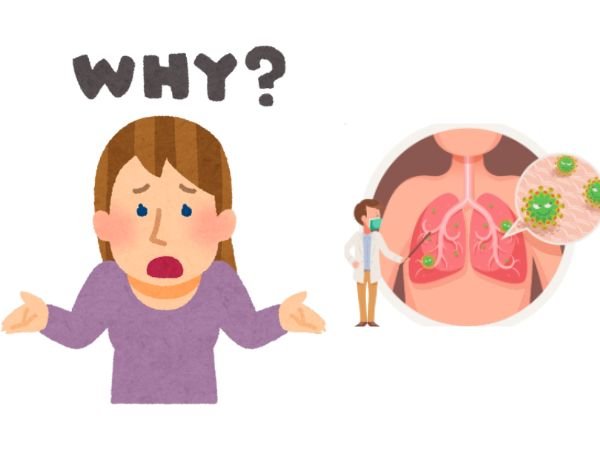
Is Pneumonia Contagious?
Generally—yes, initially. But depending on cause and type of pneumonia, the answer will be varied. Viral pneumonia, for example, from influenza virus or COVID-19, is contagious. It can be easily spread by cough, sneeze, or contact with soiled school or office building surfaces. The infected can pass along the virus even before they are aware that they are ill. Bacterial pneumonia, like Streptococcus pneumoniae, also infects between individuals by respiratory droplets through sneezing and coughing of the infected individual. The less contagious than pneumonia caused by viruses, but recorded nonetheless—particularly in older adults or immunocompromised individuals.
But fungal pneumonia, i.e., Histoplasmosis, is not typically contagious. It is most likely contracted by inhaling air-borne spores (e.g., bird droppings or soil, and not from person-to-person). The viral and bacterial pneumonias are, as previously described by the CDC, person-to-person infectious, particularly in communal environments like nursing home, hospitals, or home residence. Knowledge about pneumonia causes and risk factors is the first step towards preventing disease transmission. So now you know how long is pneumonia contagious. Be safe with the clear knowledge of early symptoms.
Causes of Pneumonia: Bacteria, Viruses, and More
Bacterial pneumonia will be most prevalent, and the reason for this is Streptococcus pneumoniae as its most prevalent offender. It is most likely to happen after influenza or common cold and can lead to the acute onset of fever, shivering, and chest pain. Bacterial pneumonia is infectious, particularly in its primary stage, and its spread is through cough or sneezing droplet transmission.
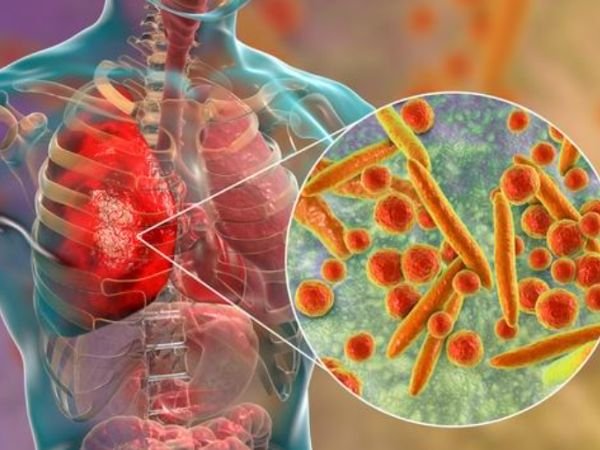
Pneumonias due to influenza (flu), RSV, and SARS-CoV-2 (COVID-19) viruses are also contagious. It is transmitted rather easily in community-based environments and, worst-case scenario, results in secondary bacterial infection, complicating the recovery process.
Fungal pneumonia, such as Histoplasmosis or Cryptococcus, is contracted after exposure to inhaled spores—presumably bird droppings or soil. It occurs most frequently in those with weakened immune systems and can’t be transmitted from person to person.
Aspiration pneumonia occurs when food, saliva, or vomit is sucked into a person’s lungs with a swallowing disease or neurologic disease. Aspiration pneumonia is not spread from one person to another.
As per a 2019 review of Nature Reviews Microbiology, co-infections (viral illness followed by bacterial illness) would increase the illness and transmission risk. So if you want to stay saved understand the early stage pneumonia symptoms.
Who is Most Vulnerable?
- As you ask yourself if pneumonia is contagious, be curious about who is most at risk for this illness. Pneumonia risks and causes don’t trickle down to everybody—some are a lot more susceptible.
- Susceptible with newly acquired or suppressed immune systems are infants 5 through 65 years of age. Other people with some medical conditions find it more difficult to combat infection and recover from pneumonia.
- Immunocompromised people—cancer treatment patients, HIV-infected persons, or organ transplant recipients—are most likely to develop life-threatening disease and complication.
- Environmental and behavioural determinants are also involved in this scenario. Home crowding, passive smoking or active smoking, and undernutrition are all the major pneumonia risks for considerable increases.
- Comorbidities were estimated by the Global Burden of Disease Study to have hospitalization rates five times higher among older than among non-comorbidity patients.
- Learning about your own pneumonia risk factors and your own risk factors will enable you to take care of yourself by methods such as vaccination, improved hygiene, and follow-ups. Knowledge is protection.
How Pneumonia Spreads?
Is pneumonia contagious, then? Yes—if precautions are not taken. The most probable mode of pneumonia transmission is through airborne respiratory droplets when a person who has pneumonia coughs, sneezes, or talks. It is also spread by touching pneumonia germs on surfaces and then putting their mouth, nose, or eyes onto the surfaces, or close direct contact like hugging or spooning. Incubation period—interval from exposure to onset of disease—differs by etiology, 1 to 10 days. The viral pneumonias (like COVID-19 or influenza) will tend to spread prior to the appearance of symptoms, harder to avoid.
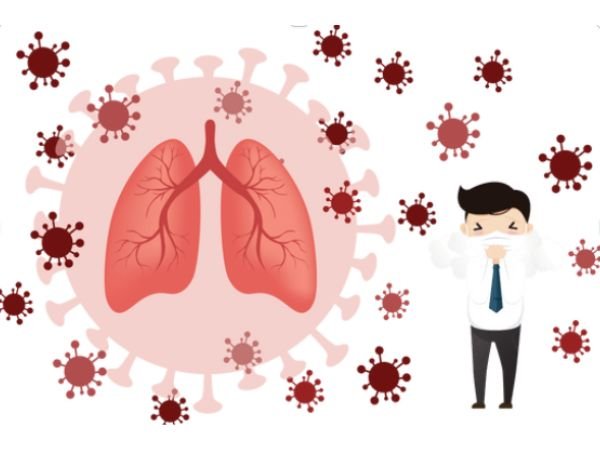
The CDC, in a single 2020 study, found that up to 30% of the pneumonias contracted in hospitals had previously been due to inadequate hand hygiene, and this shows how critical prevention is to communities and hospitals. Personal responsibility and health consciousness are necessary for prevention of cause and risk of pneumonia. It is the small things that create big things when prevention of transmission is the issue at hand.
Diagnosis and When to See a Doctor
If you’re experiencing symptoms like a persistent cough with phlegm, fever, rapid or shallow breathing, chest pain, or extreme fatigue, pneumonia could be the cause. These symptoms often resemble the flu or a bad cold—but when they linger or worsen, it’s time to take them seriously.
If you think that you have pneumonia and you wish to determine if pneumonia is contagious, the best that you can do initially is hasten to a doctor right away. Prompt treatment will avert complication and even shield other individuals from your environment.
Physicians will certainly employ chest X-rays to determine lung inflammation and might carry out a sputum culture or laboratory work to determine the causative organism—the bacterial, viral, or fungal.
Act now before causes of pneumonia and risk—yours and your family’s. Don’t wait for worsening of symptoms. It can be treated early, leading to quick recovery and less transmissions.
Pneumonia Treatment Options
Early treatment of pneumonia not only cures you at once, but also makes pneumonia non-infectious, particularly in case of bacterial and viral pneumonia.

Bacterial pneumonia is antibacterial-treated and the drug is bactervulnerable, age- and health-dependent. First-line treatment WHO guideline (2021) is amoxicillin in low-resources children.
Viral pneumonia is treated with supportive therapy—rest, fluid, and medication for soothing.
There are certain patients treated with antiviral drugs such as Tamiflu, especially early treated and etiology is influenza.
Fungal pneumonia, the most frequent of which occurs in immunocompromised patients, is treated with antifungal therapy such as fluconazole or amphotericin B depending on severity and etiologic organism.
Hospitalization or oxygenation may be required in extremely poor cases to provide assistance with breathing and prevent complications.
Early diagnosis is the solution—this minimizes pneumonia causes and risk of life-threatening complications like sepsis, lung abscess, or permanent lung damage. Bad or bad, right and timely treatment is what counts in consequence and in rescuing others among you.
Pneumonia Vaccination Guide: Prevention is Key
One wonderful means of not having to ask pneumonia contagious? is utilizing the application of this pneumonia vaccination handbook—since prevention is truly better than cure. Vaccines are perhaps the best defense we have in not contracting pneumonia causes and risks, particularly among the most susceptible.
For bacterial pneumonia, two of the best vaccines are:
PCV13 (Pneumococcal Conjugate Vaccine)
PPSV23 (Pneumococcal Polysaccharide Vaccine)
These vaccines avert life-threatening Streptococcus pneumoniae infection. PCV immunizations for invasive pneumococcal disease avert its development by up to 75% in the vaccinated, according to the CDC.
Annual flu vaccination, as an antipyresis for the flu causing pneumonia, is highly recommended, primarily due to the fact that the flu itself nearly always culminates in secondary bacterial pneumonia. Even the COVID-19 vaccine has an active role to play against SARS-CoV-2 virus-induced pneumonia.
Who should be vaccinated?
Children less than 5 years old
People aged 65 years and above
People with chronic diseases (diabetes, asthma, heart disease)
Health care workers and carers
The vaccine doses are both risk factor- and age-specific, so of course always best to see a medical practitioner so that you and the people you are caring for will know when and which vaccine you require.
For risk-taker and pneumonia-cause susceptible, this pneumonia vaccination handbook can literally be a lifesaver. Be safe, be informed about the early stage pneumonia symptoms.
Myths vs Facts About Pneumonia
Where there is pneumonia, there is also unhealthy misinformation. Let’s get rid of the most prevalent myths:
Myth 1: Only old people get pneumonia
Fact: While older adults are more likely to be at risk, according to Johns Hopkins Medicine, healthy young adults can and do get pneumonia—i.e., viral pneumonia in the form of the flu or COVID-19.
Myth 2: Antibiotics cure all pneumonia
Fact: Antibiotics will cure bacterial pneumonia but won’t even touch viral or fungal pneumonia and will need to be treated otherwise.
Myth 3: If you’ve had your flu shot, you won’t get pneumonia
Fact: The flu shot is a blessing but not 100% effective. You can still get pneumonia due to other viruses, bacteria, or fungi.
Learning is pneumonia contagious? helps dissolve such myths. Learning guards you against pneumonia causes and risk—and provides you with the ability to react smarter, quicker, if illness does hit.
Conclusion: What You Can Do Today
If you were curious whether or if pneumonia contagious or not, now you are. And the good news, how to reduce your risk. Simple things like washing your hands, receiving the vaccine. And not going in to work sick can make a tremendous difference.
Identify the early stage pneumonia symptoms like acute cough, fever. And breathlessness and see a doctor in time to prevent complications. Shield the most vulnerable—children, older people and chronically diseased patients. By staying informed and alerting.
World Health Organization is projecting that expanded world immunization will reduce pneumonia deaths among children below the age of 5 years by half by 2030.
Use this guidebook to pneumonia vaccination as a shield and shield your colleagues and relatives from unnecessary trauma and causes of pneumonia. Knowledge is life-saving—start today.

